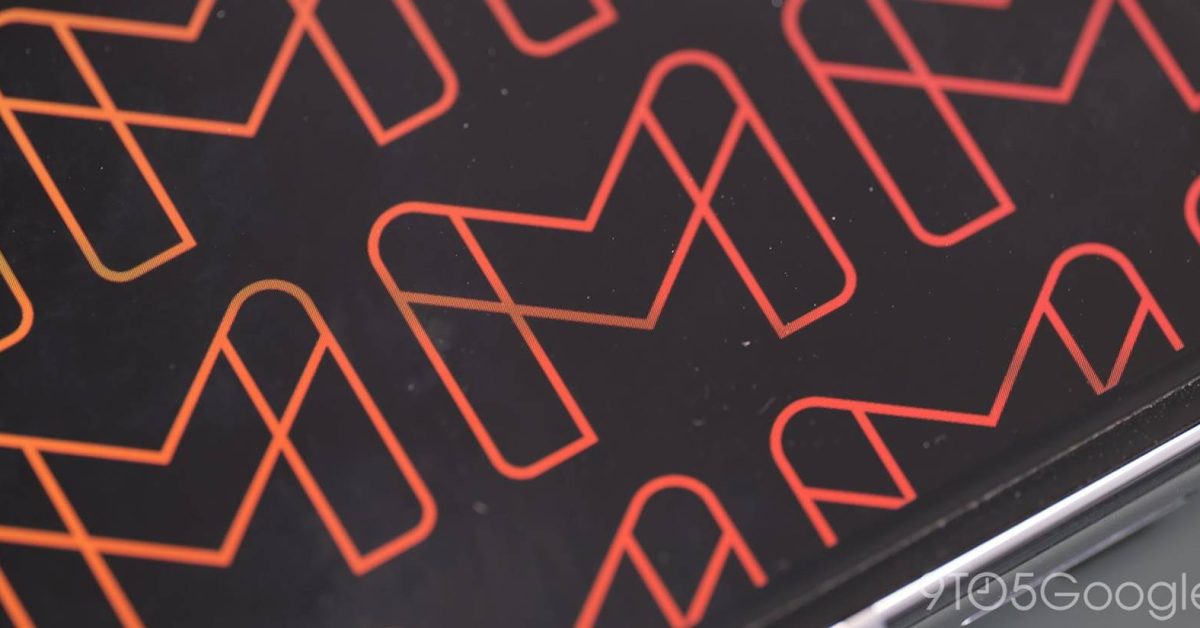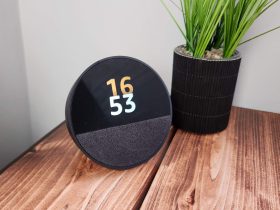

If you don’t have a mobile-specific signature in Gmail for Android or iOS, Google will now use your web signature.
The Gmail mobile apps have long let you set a signature that’s specific to emails that you draft and reply to when on the go.
- Android: Settings > email address > (under General) Mobile signature
- iOS: Settings > Signature settings
If you don’t have a mobile one, Gmail will now use your web signature that will “include support for images, logos, and text formatting just as it appears when sending from web.”

Google says to “set a non-empty mobile signature (such as your name)” if you don’t want the web version.
This is rolling out now, with full availability in the coming weeks. It’s “available to all Google Workspace customers, Workspace Individual Subscribers, and users with personal Google accounts.”
Meanwhile, “Workspace apps (formerly known as Workspace Extensions) for the Gemini app are now available on Android and iOS devices in open beta.” This is for those using the Gemini App with an enterprise/Workspace account.
Full availability is expected by the end of April: “When enabled, Gemini can connect across your apps, like Gmail, Docs, Calendar, and Drive, to provide more context to your prompts without the need to switch between multiple apps.”
More on Gmail:
- Gmail wants to simplify how companies send E2E encrypted emails
- Gmail rolling out AI-powered ‘Most relevant’ search update
- Gmail for Android might move Gemini to restore the account switcher
Add 9to5Google to your Google News feed.
FTC: We use income earning auto affiliate links. More.
What’s your reaction?
Love0
Sad0
Happy0
Sleepy0
Angry0
Dead0
Wink0







![the-first-release-of-android-16-is-going-to-be-very-underwhelming-[video]](https://betadroid.in/wp-content/uploads/2025/06/24379-the-first-release-of-android-16-is-going-to-be-very-underwhelming-video-370x250.jpg)

Leave a Reply
View Comments